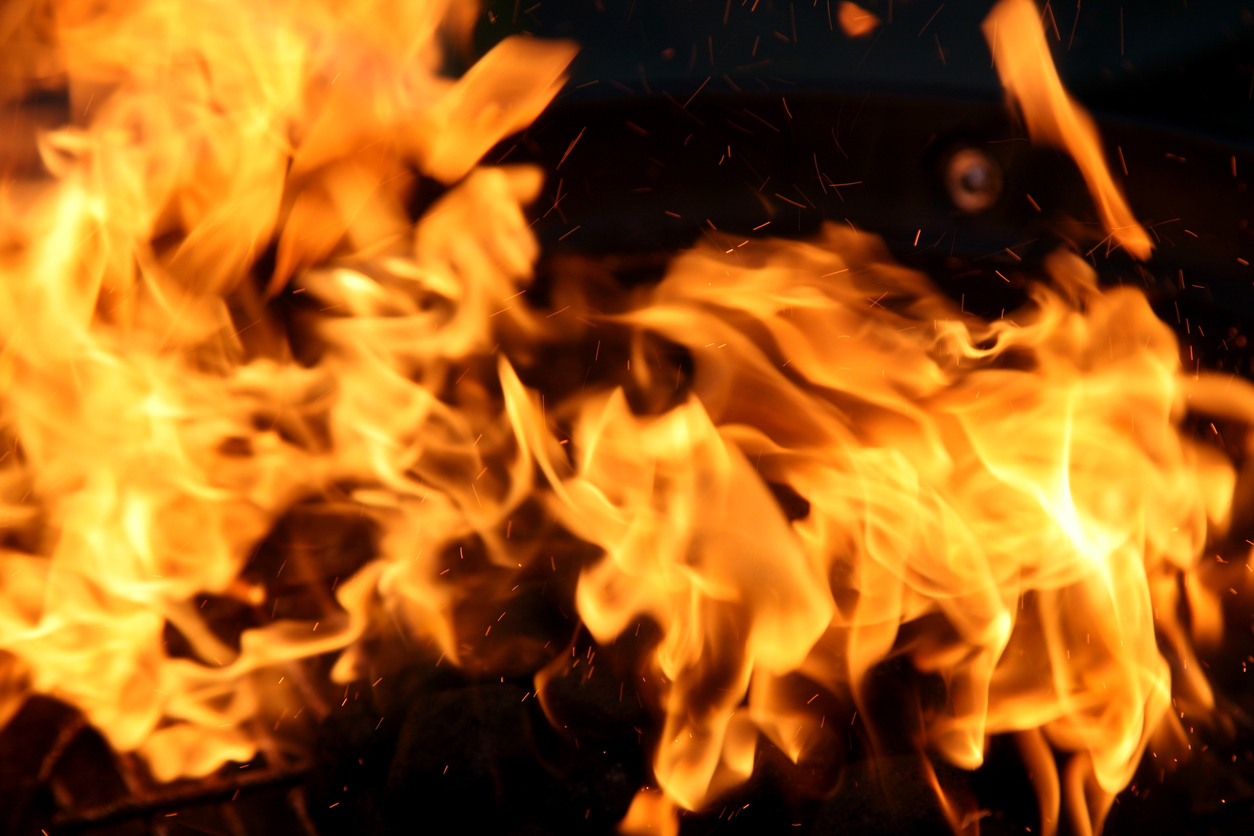Background
A Texas bar opened in 2002. In early 2003 a fire took place on its premises resulting in lost inventory and many leasehold improvements being damaged.
The bar’s owner submitted a claim for total fire loss under a commercial policy. Due to the suspicious nature of the fire (accelerants were found to have been the source of the fire), the insurer needed to measure both the financial condition of the insured and the extent of the loss to leasehold improvements and inventory.


Key Issues
- What was the financial condition of the bar and its owner at the time of the fire?
- What was the extent of the economic damage experienced by the business?
- Were there any “red flags” that would indicate financial motive for arson?
MDD’s Involvement
Three days after the fire, MDD was hired by the insurer to quantify the loss and evaluate the financial condition of the insured. The firm’s team of forensic accounting experts examined the bar’s records for lost inventory and damaged leasehold improvements. Additionally, they attempted to verify the original sources of payment of these items and examined the lease.
The team examined numerous related entities and parties that had books reflecting the intermingling of funds. What’s more, because the owner of the bar was using offshore bank funds as proof of financial viability, there was a need to expand the investigation to consider other entities. This step was essential in order to establish the financial condition of the bar, its owners and their associates.
The information gathered by MDD indicated that the bar was in poor financial condition at the time of the fire and raised suspicion that there was a financial motive for arson.
The MDD team revealed that leasehold improvements and the value of the bar’s artwork and other assets had been overstated, possibly in excess of $100,000. The team’s analysis also uncovered a judgment for a related company bank default of $1.2 million dollars. The details and timing of loan proceeds related to this missing bank loan drew into question the validity of offshore funds, the proof of which had been provided by the plaintiff as support of financial solvency.
Equally important, it was discovered that, financially, the bar had been performing poorly since its inception, in spite of the owner’s significant capital contributions. MDD also discovered the owner’s father had personally guaranteed the long-term lease for the building in which the bar was located. Relief of the lease was granted as a result of the fire in accordance with the terms of the contract.
Results
Motivated in part by MDD’s findings, the insurer denied the bar’s claim. Subsequently, the bar sued. MDD served as a forensic accounting expert for the attorneys representing the insurer. Eventually, she was able to provide a link between the missing bank loan proceeds and the bar, thereby calling into question both the insured’s proffered evidence of financial viability and the insured’s suspect bookkeeping practices. She also provided a link between the labor that had been claimed for leasehold improvements and the work done on behalf of a then defunct and bankrupt company. Testimony was provided by a number of former bar employees – as well as a cause and origin expert – that validated that the fire was indeed caused by arson. Ultimately, the jury ruled in favor of the insurer that the insured, its employees or authorized representatives committed arson and also made misrepresentations in the submission of the claim.
The statements or comments contained within this article are based on the author’s own knowledge and experience and do not necessarily represent those of the firm, other partners, our clients, or other business partners.
CONTACT
CONTACT MDD
Our firm has over 80 years of experience working on assignments that span over 800 industries around the world.









